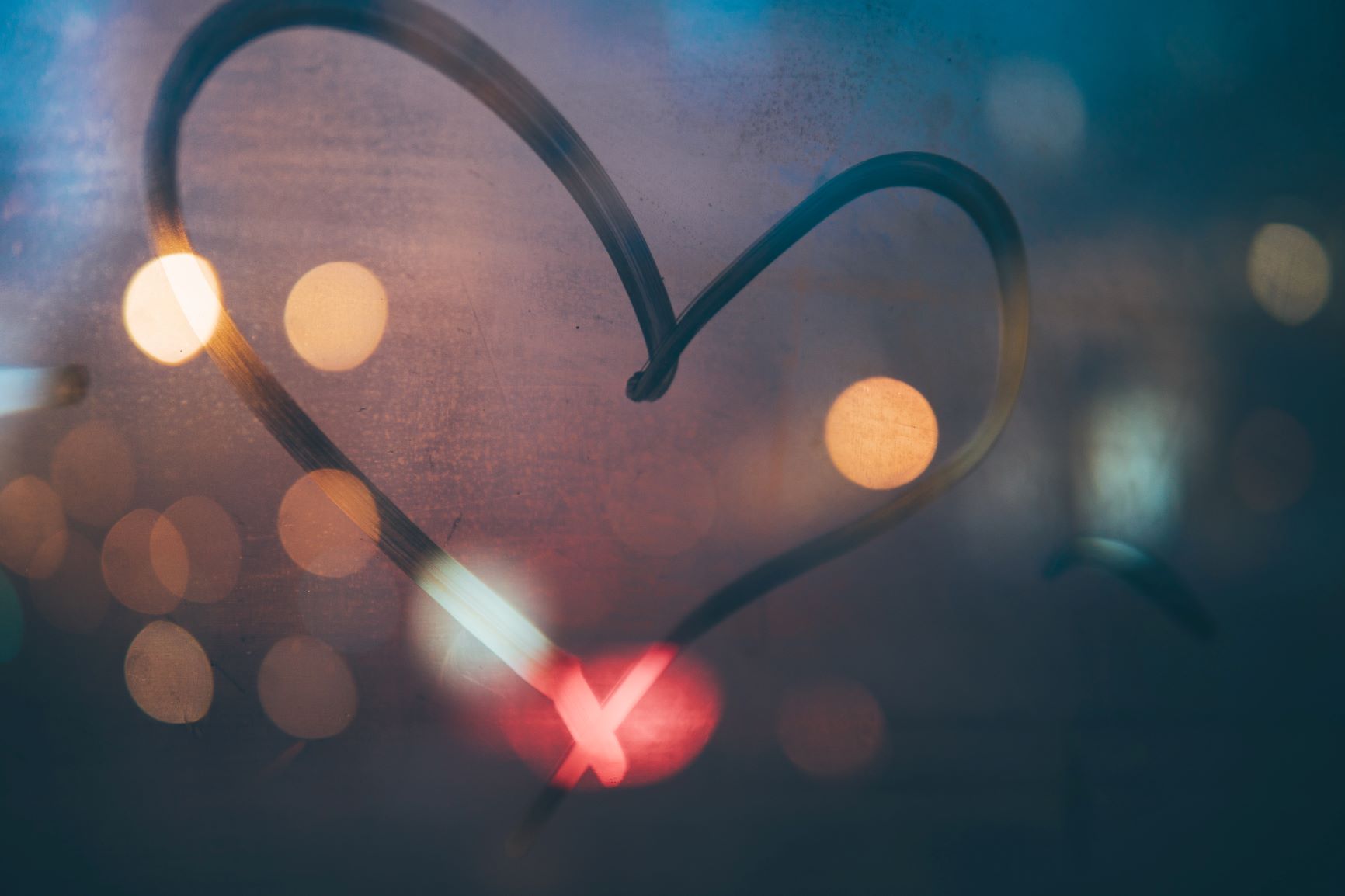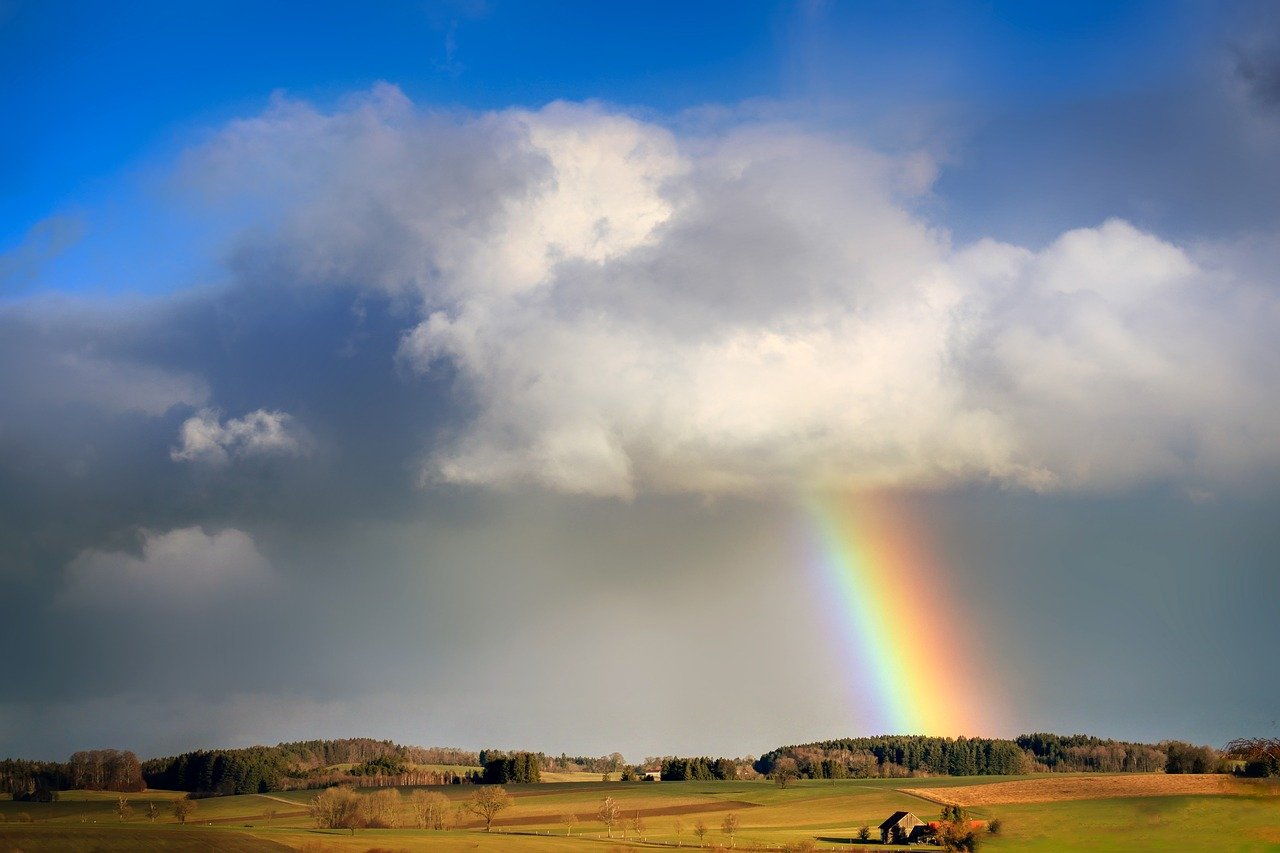Today’s article is written by Peggy Galdamez. She shares her experience of being a transracial adoptee, growing up in a mainly white community.
You can follow with Peggy on Instagram or if you’re an adoptee, you can join her Facebook Group or contact her via email.

Healing, Belonging and Finding My Own Way as An Adoptee
I’m 44 years old and it’s taken me over 4 decades to find my place of belonging, healing and living life on my terms as an adoptee. Growing up in the Midwest of America, I was surrounded by communities of good people where most of the kids in the schools I attended were not like me.
When I would look around, I would see beautiful blonde and brunette-haired girls and boys with blue, green and brown eyes laughing with me, and sometimes ridiculing me. I would get so caught up with my American culture and upbringing that I would forget that I had brown skin, dark brown hair and Asian eyes.
Sometimes, I would catch my reflection as I ran past a mirror on my way out to play with friends, and pause a second in surprise. Who was that girl? She’s Korean but she isn’t because I felt “white” on the inside. My parents are Caucasian and my cultural upbringing is American.
I laugh now when I think back on a memory of an elderly woman commenting on how good my English was. I remembering swallowing the compliment and feeling heat rising in my neck. But I was too annoyed to offer an explanation. Often, I would get asked “where are you from?” I would respond, “Michigan” with an emphasis on don’t ask me any more questions.
On the rare occasions that I had an opportunity to interact with other Koreans, there was a hope of connection for me. Eventually I would have to explain why I wasn’t really Korean in the way they were expecting. I would get “the look” of confusion and then understanding when I didn’t speak the language. And that was it – dead end. I felt ashamed and embarrassed. Like I had to apologize for not knowing this part of me that was never given the choice as an infant.
Moving to Silicon Valley in 2000 finally gave me something I had never experienced in my life. I suddenly fit in without question and was now a part of a majority demographic. I even remember asking myself when I landed in SFO, “What are all these Asians doing here?!”
It was reverse culture shock. It was so strange and relieving at the same time because now I was hiding in plain sight. Currently, my family and I live in Florida where I’m experiencing a new culture again in a new state. This move pushed me to ask myself, “How does a transracial adoptee like me feel like I can fit in with my American culture now?”
The answer is simple. I do and I don’t because I’ve decided that no matter where I live or what the demographic may be, I will always belong to myself first. In the words of one of my favorite authors, Brené Brown, “True belonging is the spiritual practice of believing in and belonging to yourself so deeply that you can share your most authentic self with the world and find sacredness in both being a part of something and standing alone in the wilderness. True belonging doesn’t require you to change who you are; it requires you to be who you are.”
This quote opened up a part of me that I deeply understood. I could be who I am. This then begged the question, “Who am I?” I am many parts, and finding my belonging has allowed me to peel back the layers and find decisive answers and my voice.
Now that I’ve started this process of connecting to my voice and self, I live each day more and more in my own experience of belonging. Even though I walk between two cultures, I gave myself permission to no longer carry the weight and shame of either one. Instead, I am allowing and freeing myself of this weight to witness my life in new ways that are filled growth and compassion.
For me, true belonging requires me to dig deeper and to heal the parts of me that I had not confronted and buried deeply. Living with my deeply rooted fears of abandonment, rejection, shame, hurt and anger are feelings I choose to deal with in very slow, but persistent ways.
And still, these feelings wanted to hold onto me for survival and protection. It’s the only way some of us know how to exist. And sadly, the only way some of us will ever know. Our stories run deep. I believe that we can carry generational trauma that we inherited from others, as well as pass this on.

My trauma is not going to be passed on to my kids or grandchildren or any future generations to come. My trauma is mine to deal with and mine to understand with empathy, love and compassion. Healing as self-care has become a part of my daily routine just as much as drinking my tea and sleeping every day.
My awareness of what I need and implementing it in whatever form of healing I need this day or that day will be ongoing. My sense of belonging to myself grows more each day. I find myself feeling lighter, more free, happier and whole because I’m doing just what I need to do for myself.
Living life on my terms isn’t about the kind of car I drive or how my house is arranged inside. It’s about living life with how I chose to heal. To take care of myself and to continue to find my place of self-belonging. I’m never going to apologize or feel shame for the strong woman I have become.
I’m blessed, guided and grateful for how my life has evolved. While, I don’t know the Korean culture or my birth family, I will know how to love and belong to the woman I am today. I now know how to see myself as enough, just as I am without apology or regret.



